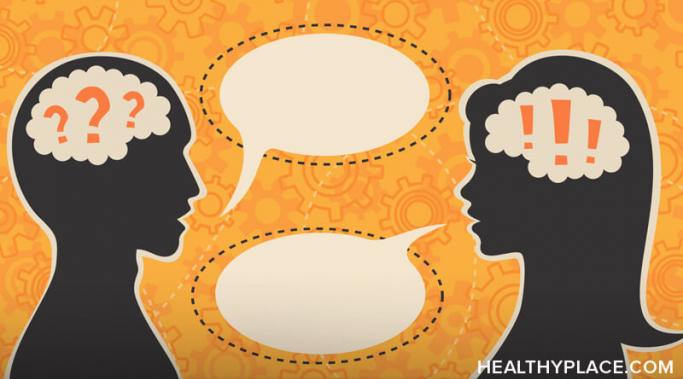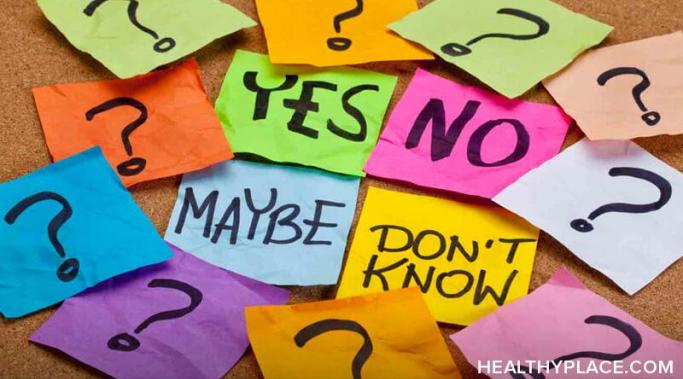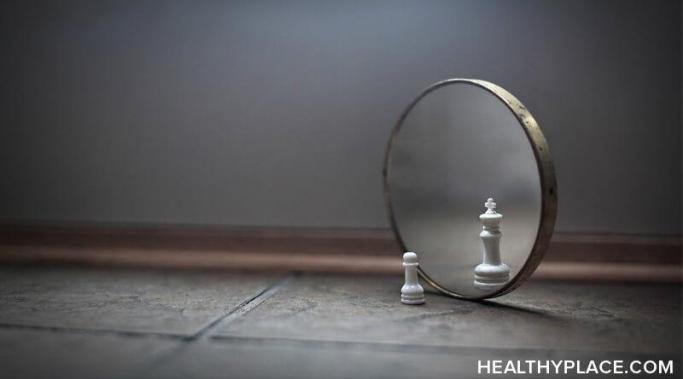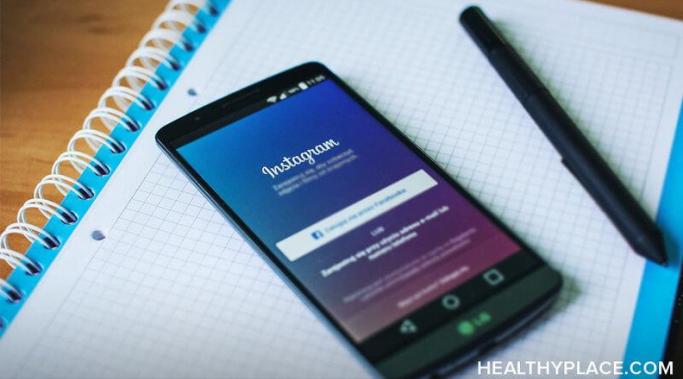For a very long time, I wasn’t comfortable with myself. During my journey to healing, I quickly realized that it’s a lot easier for us to make friends with strangers than our own selves. It took me such a long time to make friends with myself and slowly learn to love who I am. Now that I’m here, I hope to help as many people as possible find their way to self-love.
Body Image and Self-Esteem
As soon as puberty kicks in, many of us lose self-esteem. Many physical, emotional, and psychological changes begin to take shape during this time, leaving us confused and extremely sensitive. As our bodies change, so does our self-esteem, leaving us vulnerable. Even fully understanding that this is a perfectly normal part of life that everyone goes through didn’t make it any easier for me. Puberty was a time in my life I think back to and wonder whether anyone handles it any better than I did.
If you're like me, you might have trouble accepting compliments. Today I'd like to talk about the simple steps I've taken to respond better when someone compliments me and how it's helped improve my overall self-esteem.
In my last blog post, I spoke about how changing the viewpoint I took on my life, and my accomplishments helped to build my self-esteem. Taking a long-term view of my progress over a 10-year period showed that my trend, like that of the stock market, was upwards and to be celebrated. There's another example of changing my viewpoint that helped my self-esteem get stronger that I will share today.
Does seeing a therapist increase self-esteem and the self-esteem building process? While our society is working hard to de-stigmatize the belief that therapy exists only for people in crisis or with chronic mental illness, we still tend to think of therapy as something to help us move from bad to neutral, instead of from neutral to good. Yet therapists are trained to understand how the mind can build confidence and create sustainable change. As you consider adding therapy to your self-esteem journey, read on to learn three ways that therapy can help increase self-esteem.
What are the signs of self-esteem? What does it feel like to have healthy self-esteem? Is it unconditional adoration of yourself? Is it the confidence you can do anything? Is it the belief that you're beautiful, both inside and out? In an ideal world, we would feel all of these things. But realistically, our relationship with ourselves is complicated–we all have things we like and things we wish weren't a part of us. A completely positive self-view is overly idealistic and, frankly, inauthentic. So, if self-esteem isn't all sunshine and daisies, what is it? And how do we know if we have it--what are the signs of self-esteem?
In the perfect world, things would go according to plan. We would achieve our weight-loss goal and feel amazing, fall in love and create the perfect relationship together, or start meditating and discover inner peace. But life is not linear–sometimes the steps we think will take us forward actually shift us to the side, or even backwards. This can happen with self-esteem. Though we achieve one of our goals, our self-confidence takes a sudden dip. Why does this happen? And what can we do to recalibrate?
How's your body image? Are you attractive? Do you like the way you look? Do other people think you're beautiful? It's hard to talk about body image without sinking deep into our most vulnerable places. As standards of beauty become progressively less realistic (hello Instagram filters, goodbye pores), being able to have an honest conversation with ourselves about our looks becomes increasingly difficult. Yet we each live within our own, unique bodies every day–being able to look at them in a realistic (and non-damaging) way is a valuable tool towards understanding who we are, developing a healthy body image, and ultimately towards building self-esteem.
Mindful social media habits are important skills to learn to protect our self-esteem. Social media allows us to get a glimpse into the lives of so many people. Unfortunately, constant updates about people’s vacations, weddings, job offers, graduations and newborns don’t always fill us with joy. In fact, being inundated with everyone else’s highlight reel can damage our mental health. Many studies have shown a link between social media use and low self-esteem. For example, a study published this year found that one hour spent on Facebook is associated with a decrease in an individual’s self-esteem score, which authors say is influenced by the social comparisons that people engage in.1 But there are ways to integrate mindful social media use so that you can protect your self-esteem.
Body confidence declines dramatically during the summer. The more skin you see, the more insecure you feel. This doesn't just affect females, or people who have struggled with eating disorders. Everyone is susceptible to lower body confidence, which can interfere with building self-esteem and feeling confident in other areas of your life.









